Bhutan National Elections: Bhutanese Ready to Cast Their Votes
On Thursday, Bhutan is set to hold its fourth election since transitioning to democracy, with the largest-ever roster of five political parties. Economic concerns will be the focal point of this election.
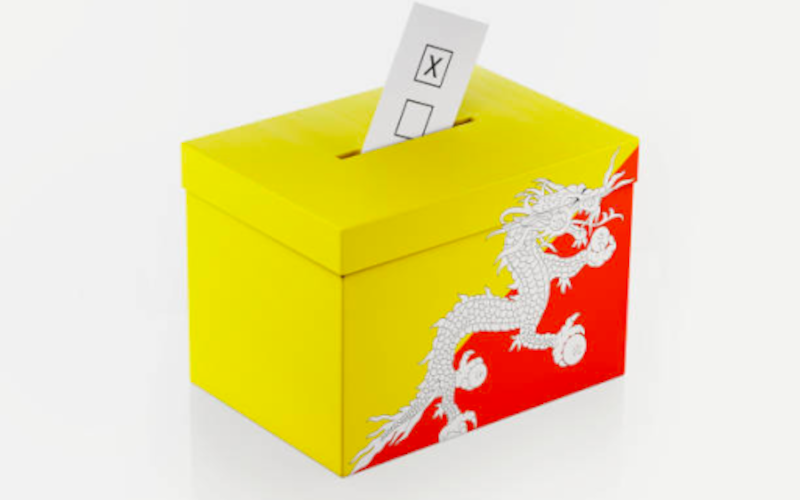
Bhutan is the youngest democracy in South Asia, having transitioned from a monarchy to a parliamentary system in 2008. It has gone through three general elections, each of them having seen the incumbent defeated and a new party given the chance to helm the government.
On November 30, a total of 496,836 eligible voters will have the opportunity to choose their representatives for the 47 seats in the fourth parliament. This marks a significant increase of approximately 56% in registered voters since the inaugural parliamentary elections held fifteen years ago. Following the end of the campaign period, there will be a 48-hour blackout period before voters head to the polls.
Bhutan’s constitution proscribes a two-tier system of National Assembly election. While all registered parties can take part in the primary round on Thursday, the two parties with the highest number of votes will go to the final run-off on January 9, 2024.
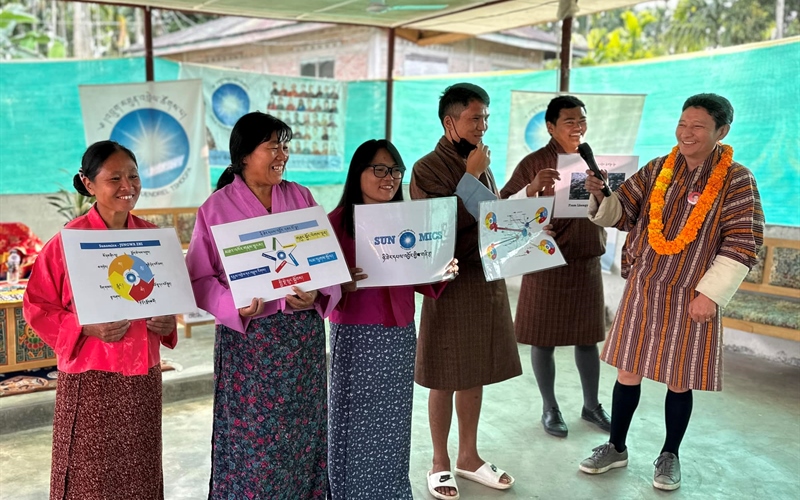
Which are the five parties contesting in Bhutan elections?
Since 2008, the number of political parties participating in elections has grown from just two to five.
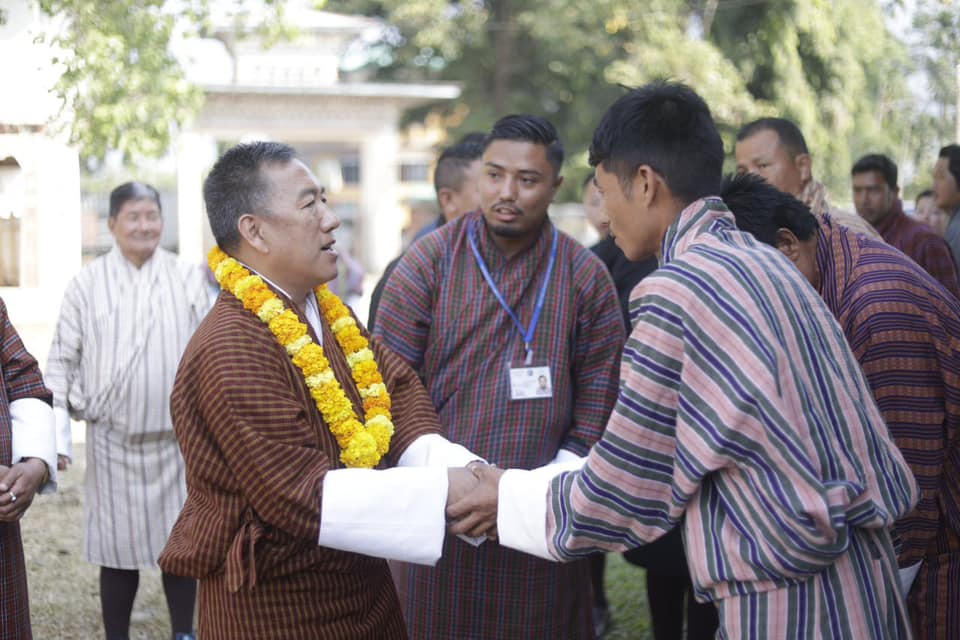
The two original parties, namely the Druk Phuensum Tshogpa (DPT) and the People's Democratic Party (PDP), emerged victorious in the initial two parliamentary elections. The current governing party is the Druk Nyamrup Tshogpa (DNT), which caused a major upset in 2018 by preventing the incumbent PDP from advancing to the final round of elections. DNT secured 30 out of the 47 seats.
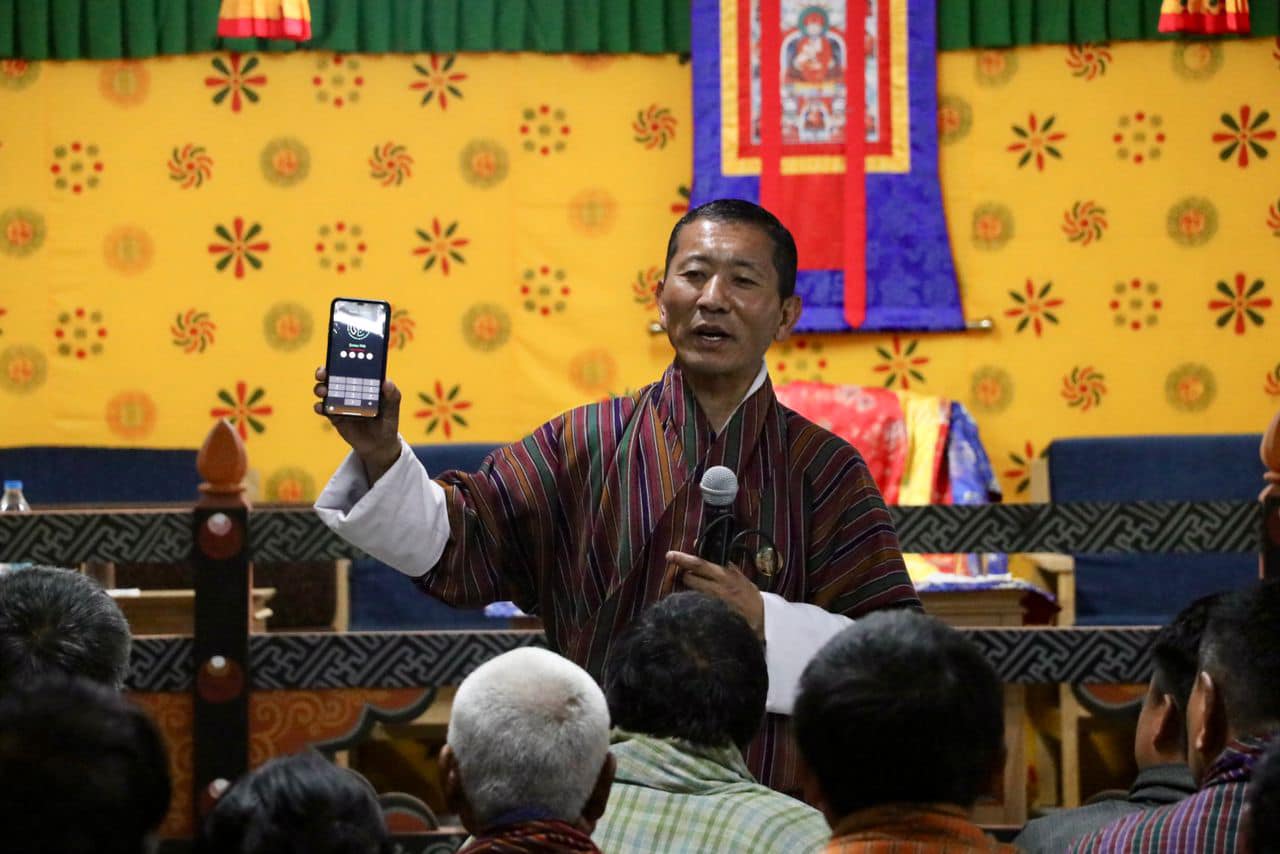
The two newest parties in the mix are the Druk Thuendrel Tshogpa (DTT) and the Bhutan Tendrel Party (BTP), both of which have employed innovative campaigning and branding strategies to attract attention.
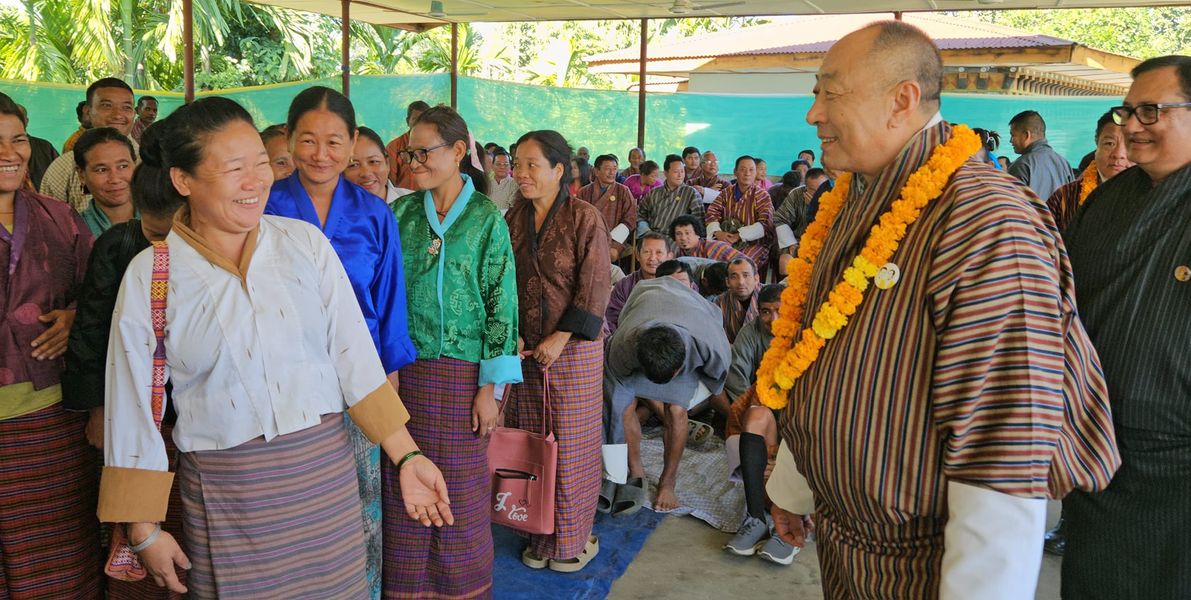
What are the key indicators for Bhutan elections?
In the 2018 National Assembly election, postal ballots played a decisive role in propelling the DNT to power. Despite the ruling PDP garnering more votes through electronic voting machines at polling stations, it ended up in third place during the primary round and couldn't advance to the final runoff. The key factor was the DNT's advantage in postal ballots, typically cast by civil servants, state enterprise employees, students, and those unable to vote in their hometowns. More than 36% of the total votes in the 2018 primary and final rounds were cast through postal ballots. In some constituencies during those elections, postal ballots even outnumbered votes from electronic voting machines (EVMs).
However, there's a different approach in the current election. Unlike in 2018, there are no facilitation booths to help voters who might find the postal ballot process complicated. Furthermore, the previous practice of widely distributing postal ballots is now limited to specific categories outlined in the 2018 law, such as diplomats, officials posted abroad, armed forces personnel, civil servants, and students. This exclusion encompasses Bhutanese nationals residing in foreign countries and employees in both public and private sectors.
Concerns have been raised about how these restrictions on postal ballots may affect voter turnout in this election compared to previous ones. The highest-ever voter turnout was 79.4% in the 2008 election, followed by 71.46% in the final round of the 2018 elections.
Historically, there has been a distinct regional polarization in party voting. The DPT had a strong base in western regions, while both the PDP and DNT performed well in southern and eastern constituencies in 2018. In the last round of the 2018 polls, PDP voters had shifted their support to the DNT over their rival DPT, nearly splitting the kingdom between the two parties.
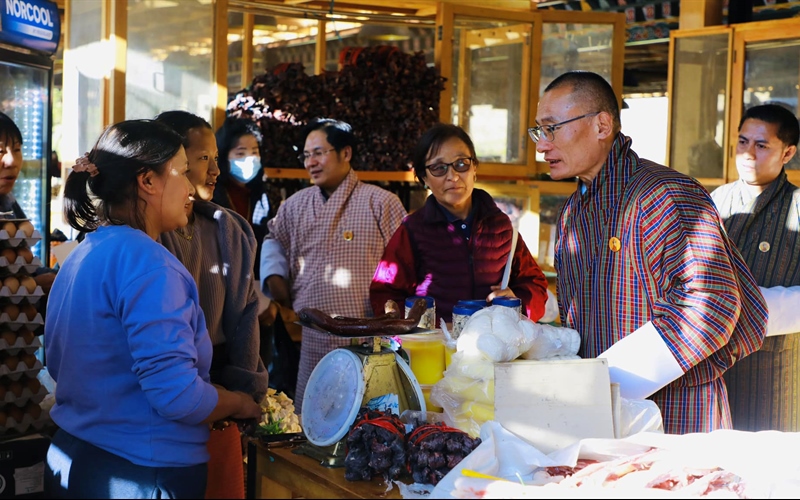
With the addition of two more parties in the competition, there is likely to be a fragmentation of votes, which could lead to unpredictable election results.
When is Bhutan National Elections?
The primary round elections will be held on Nov 30, 2023.
Polling hours will be from 8am to 4pm across 809 polling stations.
Voters already in the queue at 4pm will be allowed to vote, with tokens issued to those in the queue. Presiding officers and polling officers for the elections will be reaching to their respective polling stations today. More than 3,200 election officials are deployed for the poll day. The international border gates along southern Bhutan will remain closed from 6pm on November 29 to 6pm on November 30.




